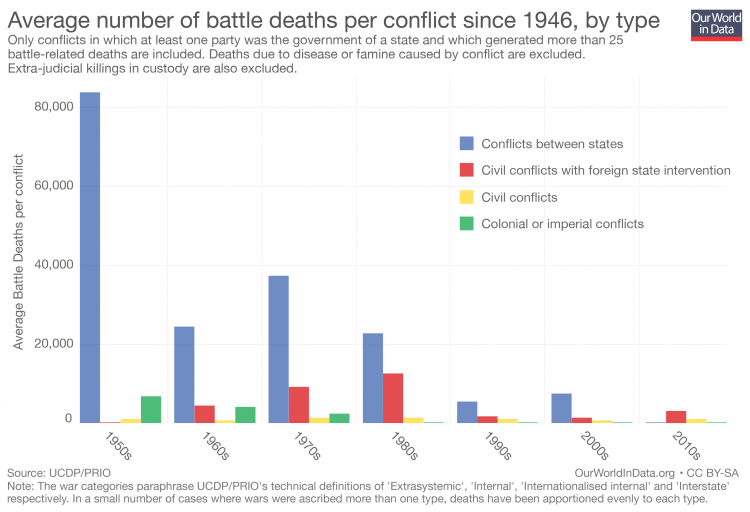

Russian authorities have forcibly deported to Russia more than 19,500 Ukrainian children from these occupied regions for this, the International Criminal Court has charged Putin personally with war crimes. 24 last year.Īlas, that just over 17 percent includes a similar proportion of Ukrainian citizens, who now live under Moscow’s diktats. Russia still holds just over 17 percent of Ukraine, including the 7 percent (Crimea and eastern Donbas) that it stole from Kyiv’s control before its full-scale invasion began on Feb.

Sustained Russian attacks through the winter and spring around Bakhmut, in Ukraine’s east, yielded only modest gains for President Vladimir Putin Ukraine’s counteroffensive to date has also had only modest effects. O’Hanlon: Ukraine’s territorial division by share of land mass remains only slightly changed since last fall. Much hinges on how the war proceeds over the next few months. NATO is not yet ready to welcome Ukraine into the alliance. Russia has so far received military aid only from the likes of Iran and North Korea. Ukraine continues to have strong backing from most NATO countries and other like-minded states, including a steady supply of weaponry and financial and humanitarian aid. Russia’s economy has limped along better than expected, even as price caps on its oil and gas exports have limited the country’s revenue. Even the recent Putin-Prigozhin melodrama might not change the standoff substantially - though it is too soon to be sure how Wagner mercenaries will perform with their former leader on the ropes. But because Russia has prepared for them, they face uncertain prospects. Nine new Ukrainian brigades, totaling perhaps 30,000 troops, with modern armored vehicles and well-trained soldiers (though little air power) are moving into action. Ukraine has begun its long-awaited counteroffensive after withstanding a months-long and ongoing battering from Russian missiles and drones. The authors comment individually on the data that they and their Brookings Institution colleagues have gathered below. David Wessel is the director of the Hutchins Center on Fiscal and Monetary Policy at Brookings. Constanze Stelzenmüller is the director of the Center on the United States and Europe at Brookings.

Knight chair in defense and strategy and director of the Strobe Talbott Center for Security, Strategy, and Technology at the Brookings Institution.


 0 kommentar(er)
0 kommentar(er)
